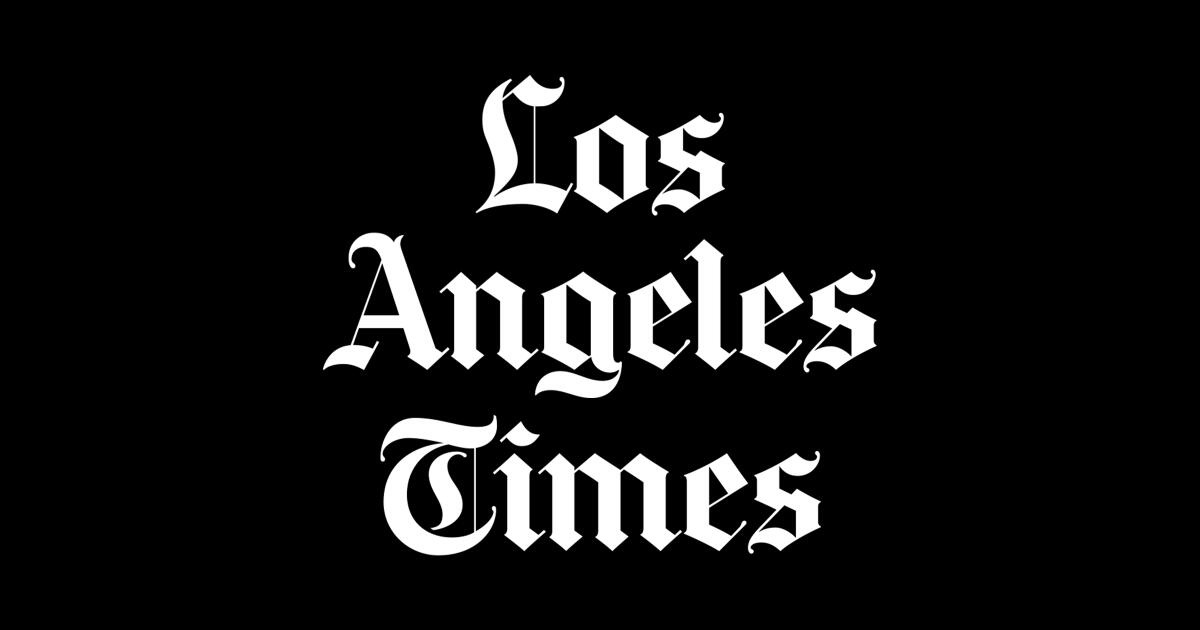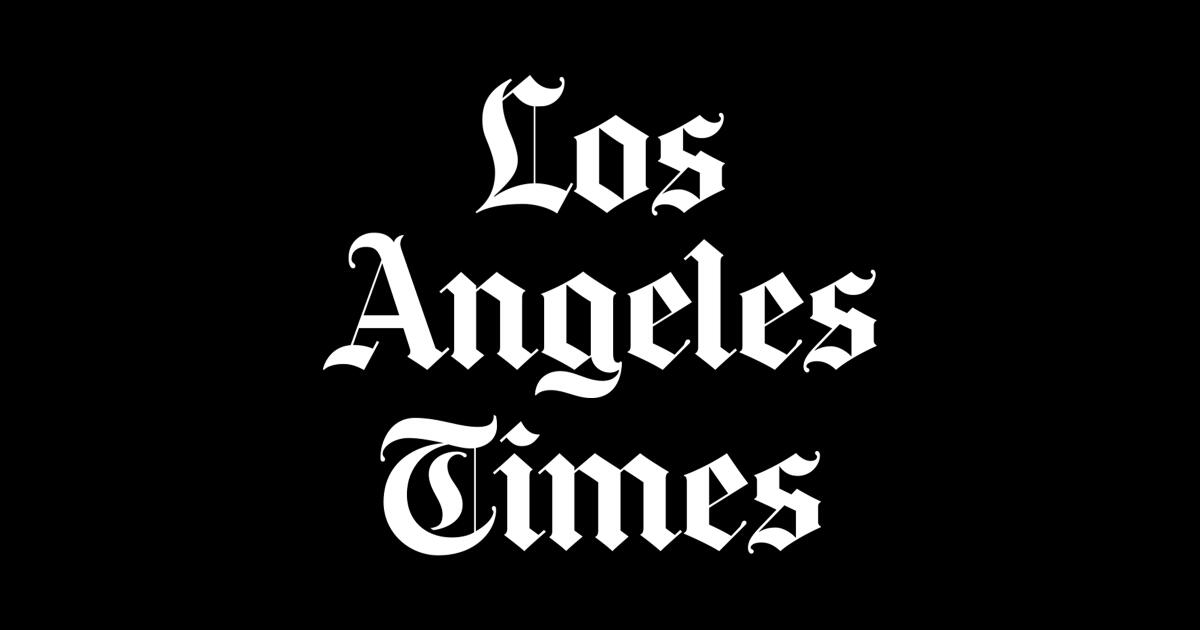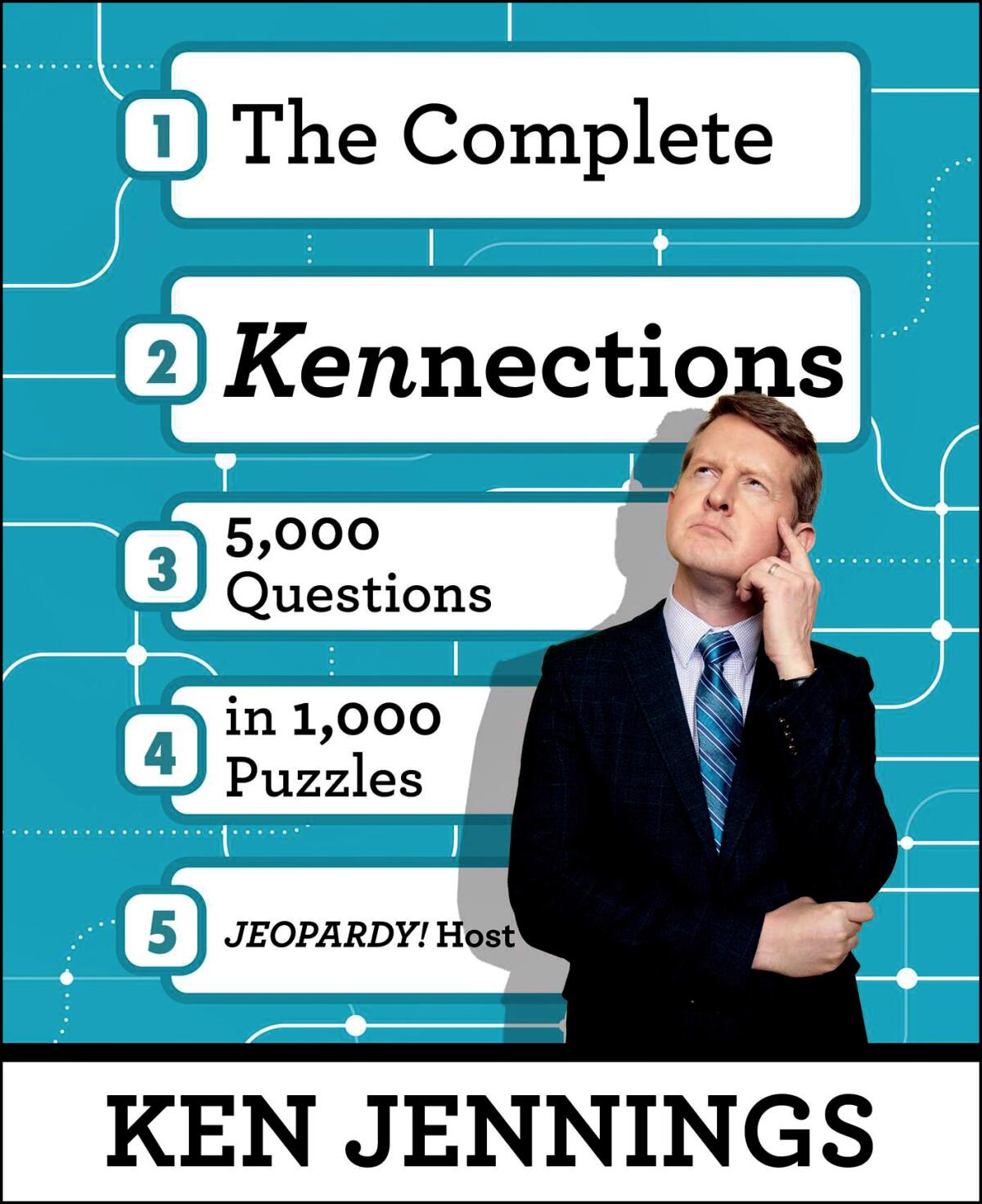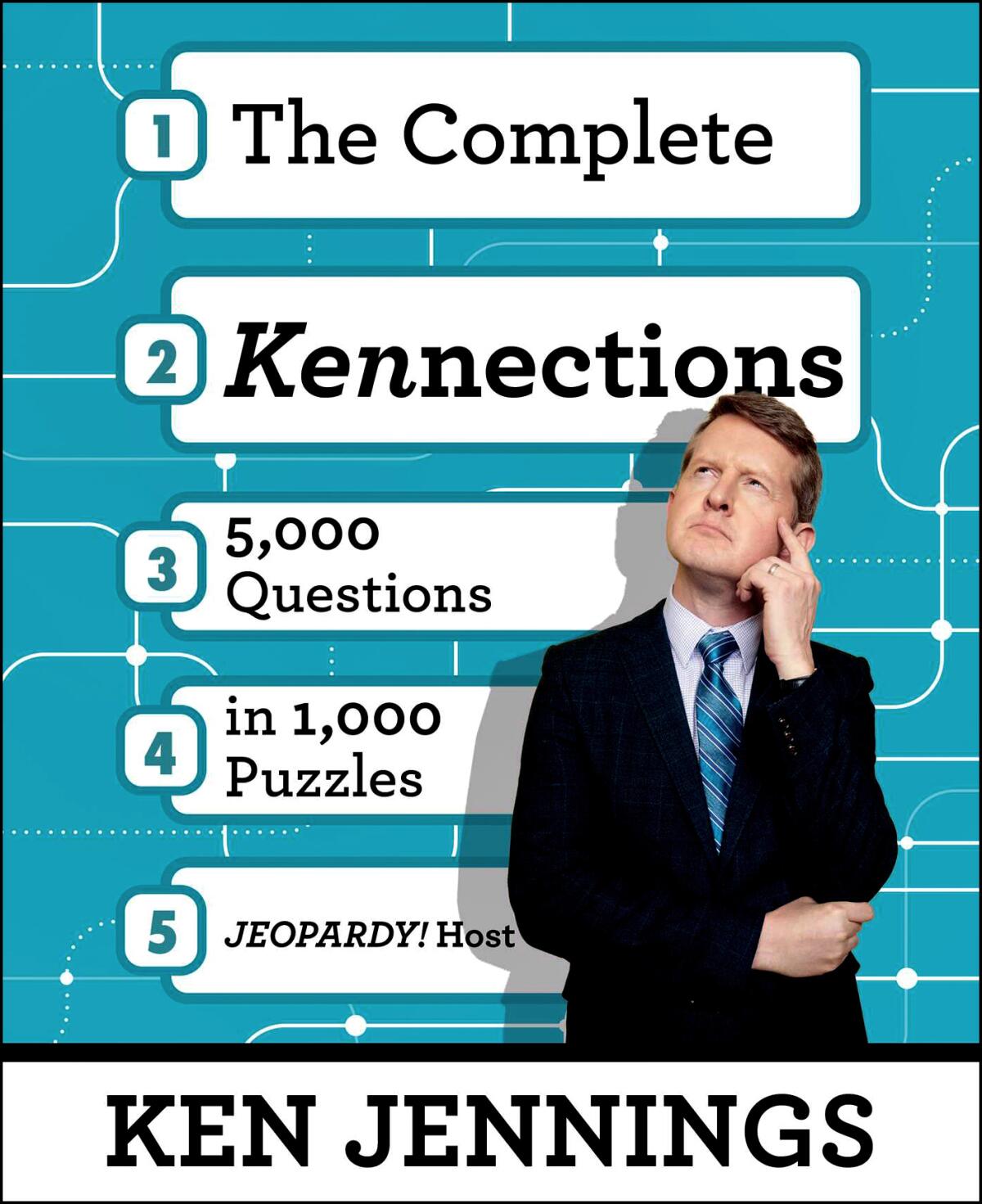It’s a Myth That Nixon Acquiesced in 1960
David Greenberg, a Whiting Fellow at Columbia University, is writing a book about Nixon’s place in American culture. E-mail: [email protected]
Despite thousands of contested ballots in Florida’s Palm Beach County, a lot of people are calling on Al Gore to act like a mensch and concede the election to George W. Bush–as they contend Richard M. Nixon did in 1960 when he lost to John F. Kennedy amid rumors of fraud. Even the veteran New York Times reporter R.W. Apple on Thursday quoted from Nixon’s memoirs to this effect.
It’s certainly true that Nixon claimed he spurned advice from President Eisenhower to dispute the election results in order to spare the country a constitutional crisis. (He was saving that for 1973.) And, indeed, Nixon’s version of events now borders on accepted fact. But it’s a myth and a false precedent.
Here’s what really happened: In 1960, Nixon lost to Kennedy by 113,000 ballots of 68 million cast–0.2% of the overall tally. In several states the vote was excruciatingly close. Allegations surfaced that Chicago Mayor Richard J. Daley’s machine and Sen. Lyndon B. Johnson’s cronies in Texas fixed those states’ ballots, stealing their combined 51 electoral votes from Nixon and tipping the election. (The final electoral count was 303-219.)
The fraud rumors sent Nixon’s people into conniptions. Republican officials pressed hard for a recount bid, though Eisenhower was not leading the charge. Early on, the president did endorse the idea, but he soon changed his mind, provoking bitterness among Nixon’s aides. According to Nixon’s friend, Ralph de Toledano, a conservative journalist, Nixon knew Ike’s position yet claimed anyway that he, not the president, was the one advocating restraint. “This was the first time I ever caught Nixon in a lie,” Toledano recalled.
More to the point, while Nixon publicly pooh-poohed a challenge, his allies aggressively pursued one. Much of this history has, incredibly, been forgotten as biographers such as Stephen E. Ambrose have propounded Nixon’s line. But a glance at the 1960 newspapers shows that GOP leaders tried to undo the results. They knew it was a longshot, but the effort continued right up until the electoral college certified Kennedy’s win on Dec. 19.
GOP leaders had reason to conduct even a doomed campaign. Even if they ultimately lost, they reasoned, they could still taint Kennedy’s victory. They could claim he had no mandate, galvanize their rank and file and build a winning issue for upcoming elections.
So on Nov. 11, three days after the election, Thruston B. Morton, a Kentucky senator and the Republican Party’s national chairman, launched bids for recounts or investigations in not just Illinois and Texas but also Delaware, Michigan, Minnesota, Missouri, New Jersey, New Mexico, Nevada, Pennsylvania and South Carolina. A few days later, Robert H. Finch and Leonard W. Hall, two Nixon intimates, sent agents to conduct what they called “field checks” in eight of those 11 battlegrounds.
In New Jersey, local Republicans obtained court orders for recounts; Texans brought suit in federal court. Illinois witnessed the most vigorous crusade. Nixon aide Peter Flanigan encouraged the creation of a Chicago-area Nixon Recount Committee. As late as Nov. 23, Republican National Committee general counsel H. Meade Alcorn Jr. was still predicting Nixon would take Illinois. On Dec. 2, Morton dramatically flew into Chicago while a Cook County recount was underway.
All the while, leading Republicans, as well as Nixon himself, claimed that the vice president had nothing to do with the efforts. But the involvement of such close aides as Finch and Hall makes such an assertion implausible. More likely, Nixon was shrewd enough not to muddy himself directly in the grimy business because, as he later wrote, getting involved would mean “charges of ‘sore loser’ would follow me through history and remove any possibility of a further political career.”
In the end, these efforts came to naught. In some cases (New Jersey, Illinois), the GOP obtained recounts but they didn’t change the final vote. In other cases (Texas), judges rejected the GOP’s bids for recounts. As it turned out (as several academic studies have concluded), some fraud existed, but not enough to alter the outcome.
Still, because of the ruckus that the Republicans kicked up, they succeeded in tainting Kennedy’s triumph. Nixon proved canny enough to wage his battles while escaping opprobrium. Nixon may have been a loser, but he was nobody’s fool.



